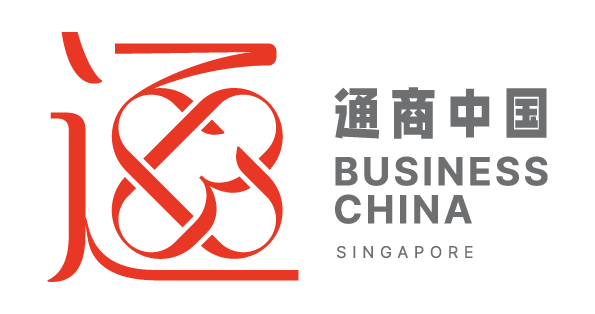China’s property market is the key driver for its economy, and many citizens and investors are concerned about price trends and risk factors intrinsic of the China property market.
On 31 August, some 180 participants attended the China Insights Seminar conducted by Dr Mao Daqing, Executive Vice President of China Vanke and General Manager of Beijing Vanke Co. Ltd. Organised by Business China, the topic of the talk was ‘A Transforming China and the Hard Truths of its Property Market’.
Born in 1969, Dr Mao Daqing holds a BA in Architecture from Southeast University, and Master and PhD of management from Tongji University. He is also a certified architect. Dr Mao had worked for Thailand’s Saha Group and Nikken Sekkei (Singapore) Ltd. He later joined CapitaLand Group in 1996 as senior project manager, chief representative, deputy GM of Beijing region, GM of Bohai-rim region and several other senior management positions in the Group.
It was only 14 years ago that properties had become commodities in China. Prior to that, housing was allocated by the central government under the planned economy system. Today, China has the highest private home ownership rate in the world. Since the liberalising of the China property market, there had been at least 2 major waves of property price surges. More recently, between 2005 to 2009, average housing prices had tripled. Analysts argued whether this phenomenon reflected a mainly speculative sentiment or genuine increases in demand.
Whatever the reason, the appetite for better, newer houses in trendier townships seemed insatiable. Some people might yearn for property prices to fall and become affordable. The real estate investors would however, be unhappy should their assets shrunk dramatically, as most would have taken up loans to finance purchase of their properties. Prices, whether heading sharply north or south, are sure to result in social frustration and unrest – a political price the government cannot afford. Furthermore in 2012, the deflation of the property bubble is also blamed for China’s declining economic growth rate.
Addressing these concerns, Dr Mao Daqing shared that, “For the past 10 years or more, the government has been controlling the real estate rollercoaster. But one then realised there are in fact stronger forces out there, and that is the global environment,” said Dr Mao. He continued to comment that people can only truly understand the real estate sector if they are well aware of the history and international trends propelling changes.
Dr Mao suspected that there will not be major changes in the government’s housing policy after the upcoming 18th National Congress of the Communist Party of China. He said the new leadership will most likely maintain the current policy with periodic fine tuning, depending on the economic situation. Dr Mao also revealed that the country’s top tax experts were gathering in Beijing to discuss the possibilities and means to introducing property tax in China. Therefore, he predicted that property tax is slated to be introduced soon.
Answering participants’ questions towards the end of the seminar, Dr Mao encouraged those who are looking for personal residences to purchase now, since their housing needs are regardless of prices. As for investors, he advised caution because of unstable global economic factors.
The event was held at NTU@One-North, and was chaired by Dr Zhou Zhao Cheng, Editor of Zaobao.com and Crossroads, Lianhe Zaobao.
Organised by Business China for the second time this year, the China Insights Seminar gathers academics and industry experts from mainland China, Hong Kong, Taiwan and Singapore to offer valuable perspectives on issues that impact China and the world. Invited speakers will cover topics of their expertise ranging from social and cultural, business and economics, science and technology, as well as politics and international relations.

